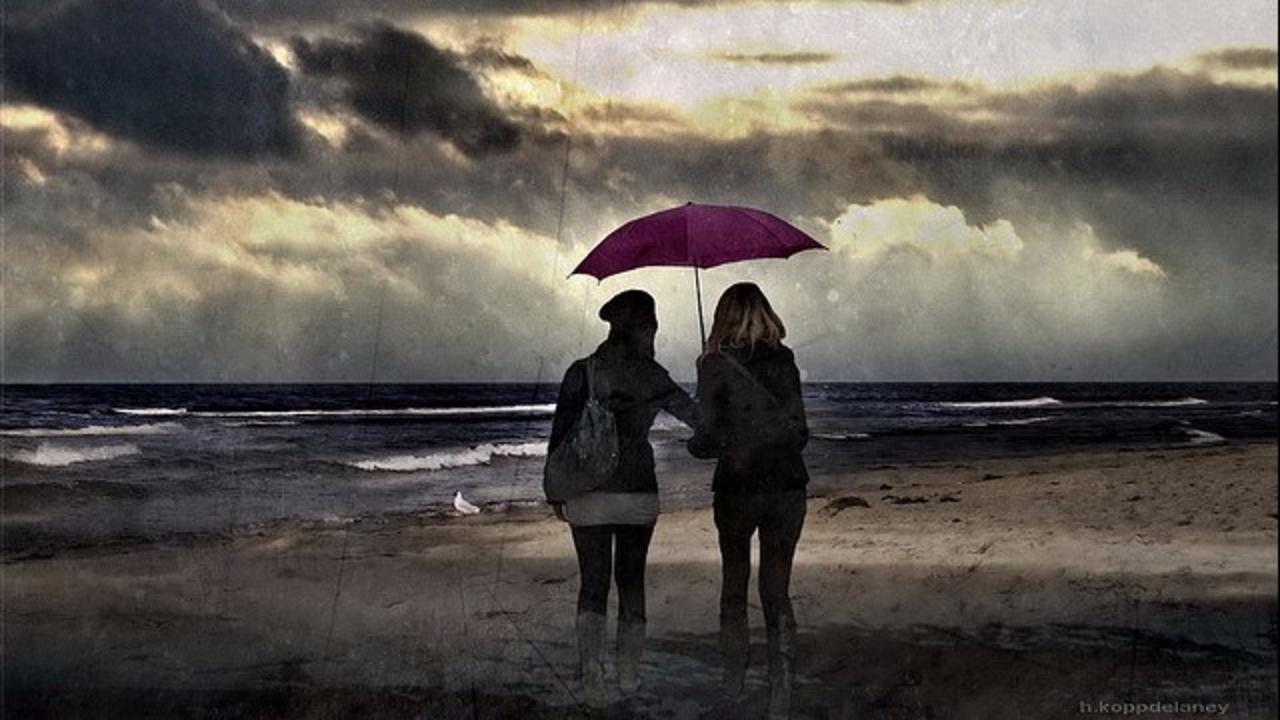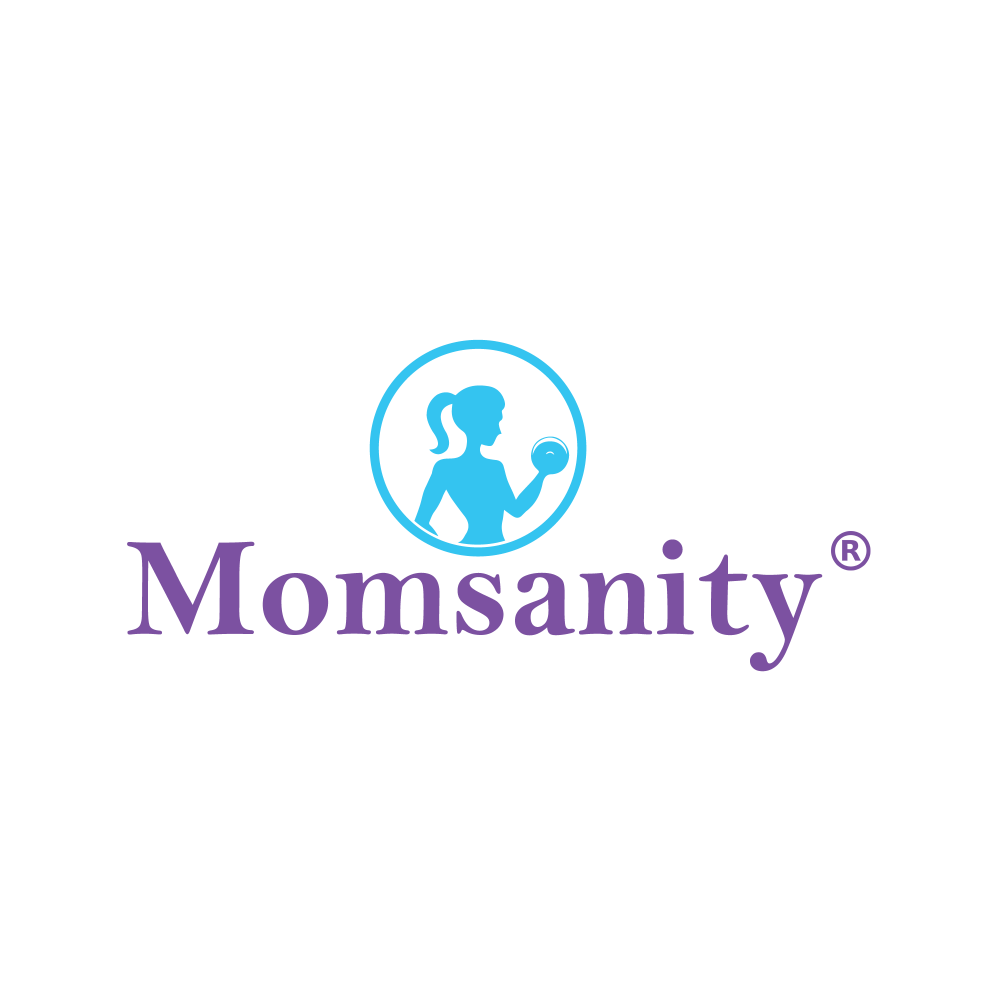Love Then Loss: How To Help Those Who Grieve
Jul 29, 2015

By Coach Debbie
I am a young widow whose husband passed away unexpectedly. Our children were ages 4-8 when they lost their father tragically. Yes, it takes my breath away to write those 2 sentences. A rapid-fire slideshow flashes through my mind of things I rarely speak of.
I frequently get emails from friends who have friends who have become widowed. It is always sad to get these messages and know that a wife or husband has had to say goodbye to their spouse and have children in the mix. What these emails usually say is something along the lines of, “What should I do now that my friend has been widowed?” If only I knew what that particular person needed or wanted best! My first response is usually, “I have no clue.”
I remember meeting a mom whose husband’s funeral was the same day as my husband’s funeral. I looked at her, not having known her more than a few minutes, and said, “I have no idea what to say to you.” While I’m in this “Young Widows Club” I am usually at a loss with what to say or do. We always hear that people say idiotic things to those grieving, right? So we utter some trite phrase or say nothing at all. I get it! I do that too!
I want to offer MY 2 cents. And let me say everyone grieves differently. SO differently. Now that I have the bittersweet blessing of knowing a LOT of widowed friends, I get to learn that we all process pain in our own way. I share in case you or someone you know is facing this painful situation. (spoiler alert, we are all going to die)
Before we dive in, can I share some things that were said to me?
In case you are the person who may have said this, it’s okay. I take it all in stride and I’m not mad at you. I say stuff all the time not knowing how it is received. Some of these phrases comforted me, some did not (I’ll keep that part to myself); the point is to just give you information.
- At my husband’s funeral I was “instructed” to IMMEDIATELY get to the Social Security office so that benefits could begin.
- I was told, mostly by Aaron’s former middle school students, that he was “in a better place.”
- One friend said she should’ve died instead of him because he was a good person.
- When asked what costume to wear that Halloween, a fellow widow told me to dress as a black widow.
- I was told to not go to my own home that day.
- I was informed by military wives that they could relate.
- I was told I should eat (I had eaten a few hours beforehand).
- I was told I was allowed to act irrationally indefinitely.
- I was told to spend more money than Aaron would’ve wanted on his casket.
- It was verbalized the day before his funeral that prayers were said for me to find a new Christian man.
- I was granted the blessing to love again in the future.
- I heard, “Call if you need anything” a lot.
- Lots of girls I didn’t know asked me for coffee and lunch dates.
- A rumor started at Aaron’s funeral that I was pregnant with our first daughter.
WHAT SHOULD I DO???
What I experienced varies from the next widow(er). We all have different preferences and there is no crystal ball way of knowing what to say or do. When I reply to emails from caring friends who want to help their sad friend typically looks something like this (may it help you in case you have someone in your life lose a loved one):
- Whatever your level of friendship was BEFORE their loss is the level it should remain. If you were close, stay close and go ahead and head to their house with their favorite chocolate and a box of tissues; get a babysitter regularly so that you can be present. If you were acquaintances, stay that way and send a card; they are not looking to form a new friendship and they don’t look forward to hanging out with you.
- Do not give puppy dog eyes. Every time I would see people (for monthsss) people would tilt their head and look sad and ask, “How ya doing? You doin’ okay?”
- Allow the griever to talk and share and vent and cry and throw stuff and to be silent. Don’t always feel the need to fill the silence.
- Help their kids. One sweet friend went all over town and got gift cards for my kids to have fun experiences. Getting out of the house and seeing that life carries on was a good thing. It helped all of us to breathe and decompress. Watching them jump on a trampoline was nice. But having someone else take them to play miniature golf was an even bigger blessing sometimes.
- Help with childcare. While some grieving want their kids at arm’s reach, they need to do the work of dealing with pain alone sometimes. Instead of “Let me know when I can watch your kids,” go with “I’m going to take your kids to a movie and dinner tomorrow and they will be okay. Go do what you want.” Be proactive in helping. I had family living with me 2 weeks which saved my life. They kept the kids fed and cared for. Because when you lose your better half, there’s a lot of legal work to be done that equals a part-time job.
- Help with meals. Do not tell the griever who’s bringing food and when. It does not matter. Just feed the family. Know what they eat. I got a lot of pasta which I don’t eat, so that was not helpful. Make it seamless for them by leaving a cooler with ice on the front porch. Well-wishers would bring us food and stay 45 minutes to chat…why??? In that 45 minutes dinner was no longer hot and my kids were vandalizing the house. Drop and GO!
- I have never experienced so much prayer and I now realize the impact it has.
- Be on guard. I could cry right now. Because my brother was my number 1 for weeks. He missed work so that he could help. He went above and beyond. He found out what paperwork had to be done and in what order so that all I had to do was sign on the line. He made me laugh. He sat quietly next to me when I asked him to escort me into the room to see my husband in his casket for the first time. I’m bawling now. Just as important was the wisest thing anyone did for me outside of prayer. He would intuitively know when I had had enough work and enough time saying hi to those well-wishers and he would force me to go into my bedroom so that I could be alone, sleep, cry, look at pictures and pray. He would SIT OUTSIDE MY DOOR! Seriously, I can’t stop crying now. HE SAT OUTSIDE MY BEDROOM DOOR so that no one could get past him to ask me a question or bring me water or anything. He just sat there so I could have time and space.
- Send cards and/or flowers LATER. I had a flood of mail for weeks, which was so sweet but also a blur. What melted my heart was when someone waited to write a letter or send a gift card, especially if it was at the 3/6/9/12 month anniversary. What that conveys is love and that the dead are not forgotten!
- Send money and gift cards. This is not about greed, it’s about survival. I was a stay-at-home mom which makes exactly $0/year. Money helped keep us afloat. And gift cards allowed us to eat fast food pretty much all the time because anything beyond making toast was just too much.
- Don’t give the kids gifts. People wanted to make my kids “feel better” so they brought gifts. The problem is it teaches kids that death brings toys. That’s absurd. Let them feel the pain. They are in a sea of confusion and sadness. I refuse to put bandaids on this wound. I took the toys, hid them, and then wrapped them as Christmas gifts (because Christmas shopping was unfun and my time was limited) so I feel I did the lemons-to-lemonade with that.
- Ask questions. Is it okay if I bring up your spouse or would you rather not talk about him/her? Does it bother you if I say his/her name? Do you like if I share memories I have of him/her? I was offended when people stopped saying Aaron’s name because I wanted to hear his name and I didn’t want him treated as a memory instead of a person. BUT I know others did not want others to speak of their loved one. So just ask.
- Encourage Christian counseling. We all started grief counseling quickly (individually) which was so helpful. My kids did a lot of play therapy. Bonus points if you line up childcare for your friend to get to the appointment.
- Remind them that they will be okay and the kids will turn out fine. Time does not heal, but it does help. Tell them it will always hurt (I actually felt guilty when I started hurting less and crying less). Discuss how badly their new situation sucks; yes, seriously. I appreciated friends who would say, “I cannot believe he is gone. This is so awful and hard.” Do not tell them they are strong; this corners them into always having to act strong.
- Give them verses of encouragement and remind them of God’s truth. There are a lot of verses about the fatherless and widows. Consider writing down book titles, websites, etc that are focused on widowhood so they can check them out when they are ready. The best book I read is Randy Alcorn’s “Heaven.” Send short and sweet texts/emails of “I’m praying for you,” or “I love you,” or “What can I do for you today?”
I’m sure I forgot more than I remembered (brain fog is a side effect of grief). I’m going to stop now. Thanks for letting me share with you. It’s likely been more therapeutic for me than anything else. If you have questions, please ask.
Lorem ipsum dolor sit amet, consectetur adipiscing elit. Cras sed sapien quam. Sed dapibus est id enim facilisis, at posuere turpis adipiscing. Quisque sit amet dui dui.
Stay connected with news and updates!
Join our mailing list to receive the latest news and updates from our team.
Don't worry, your information will not be shared.
We hate SPAM. We will never sell your information, for any reason.

